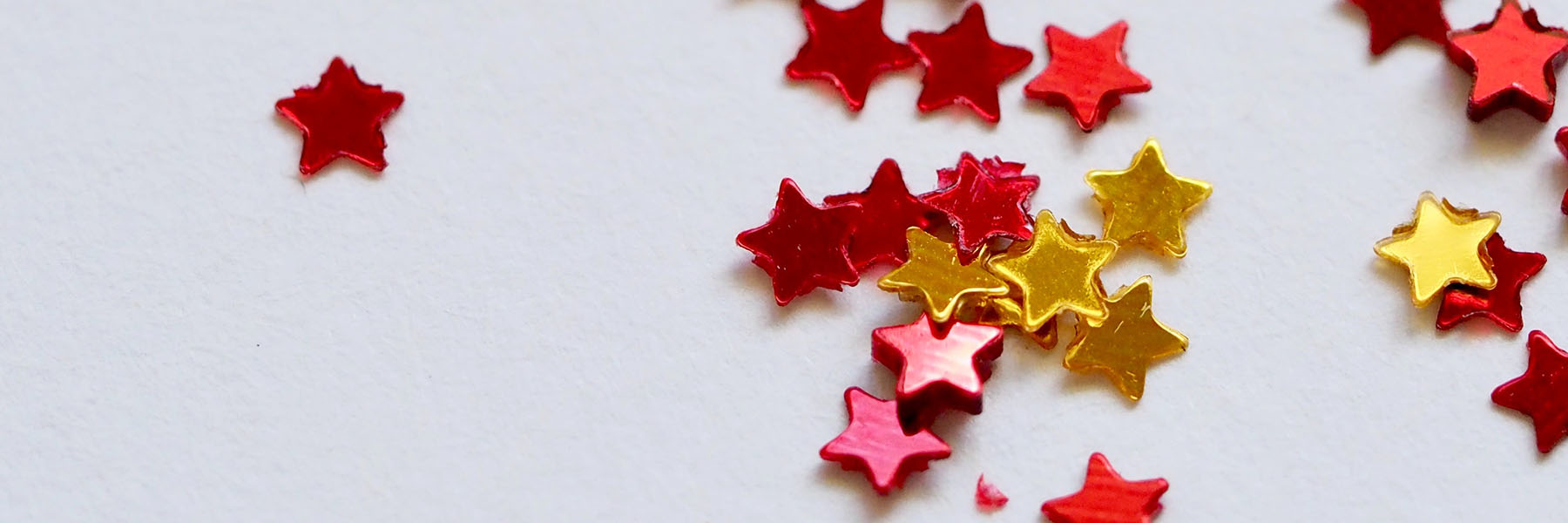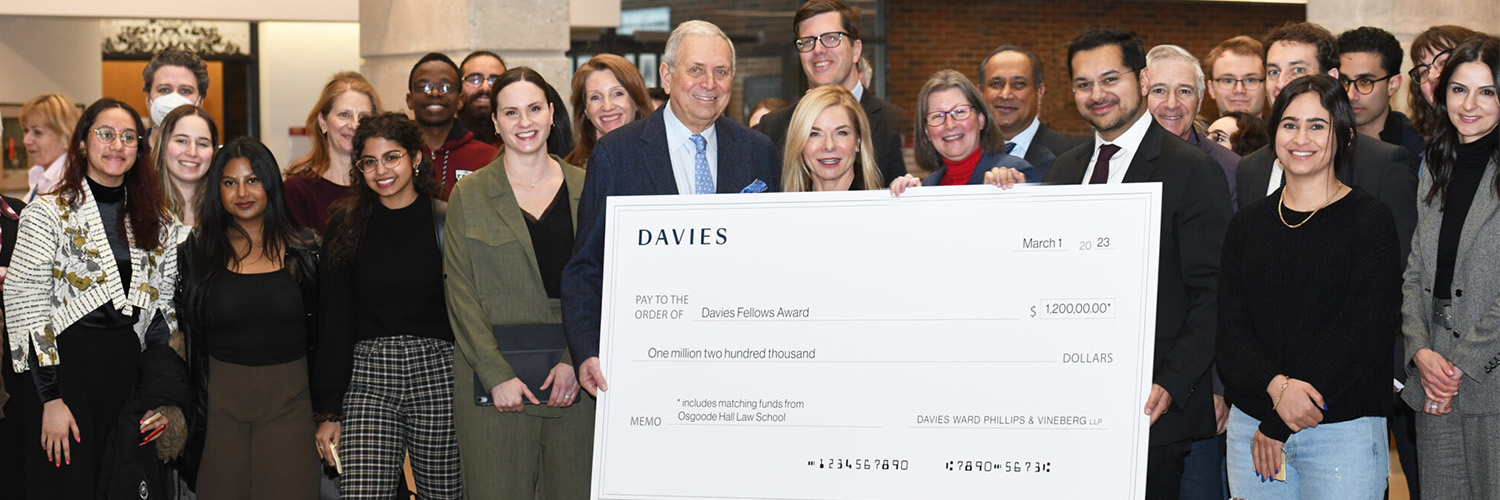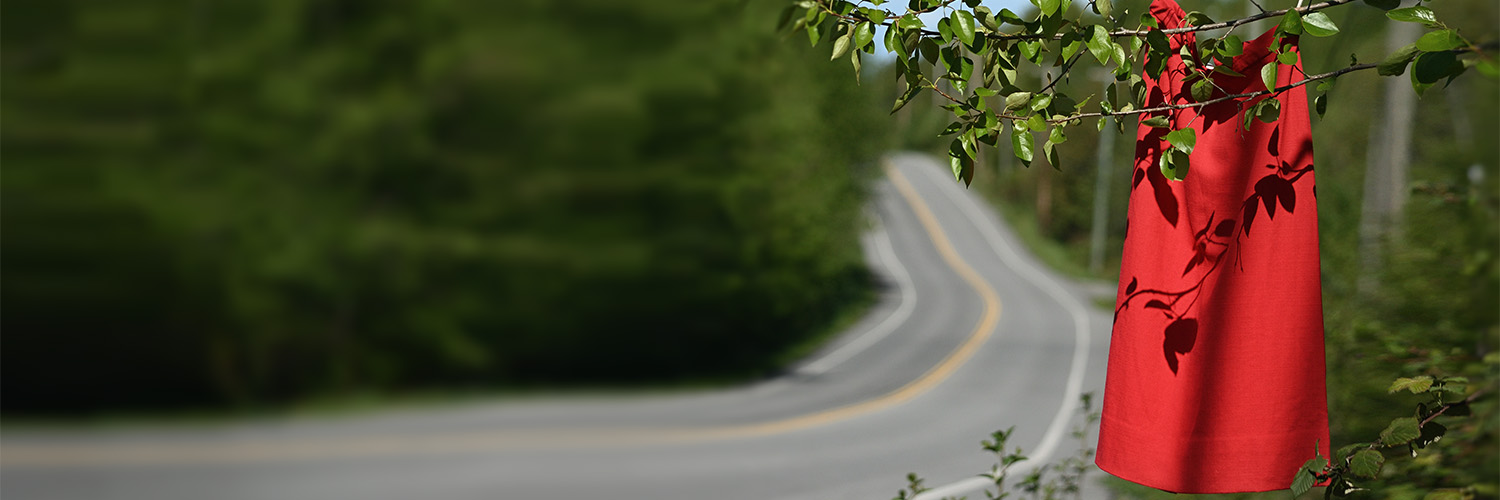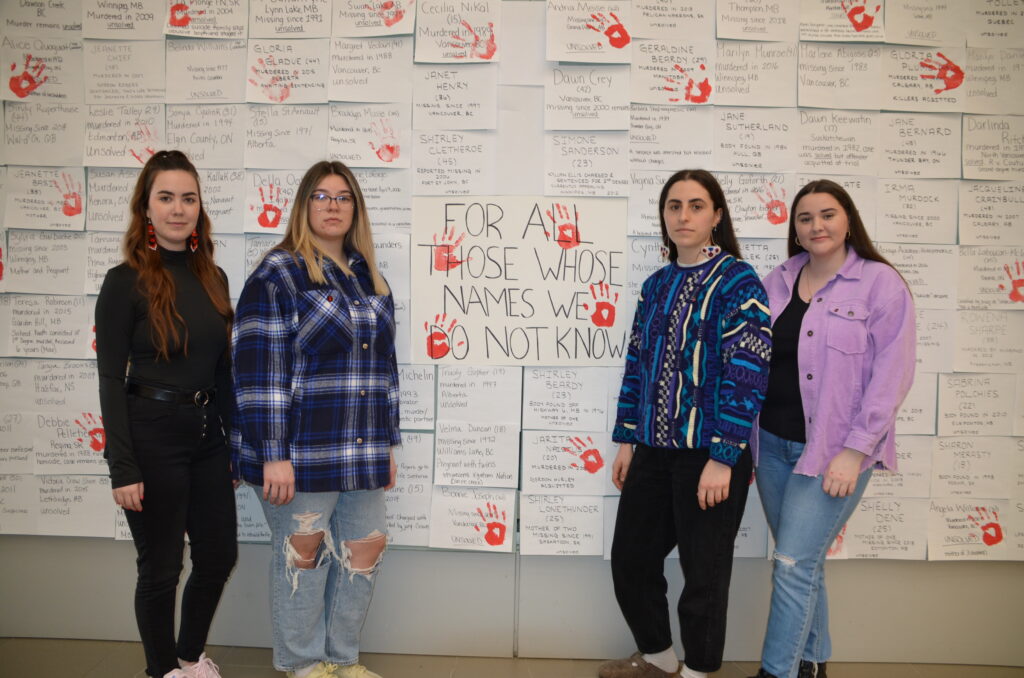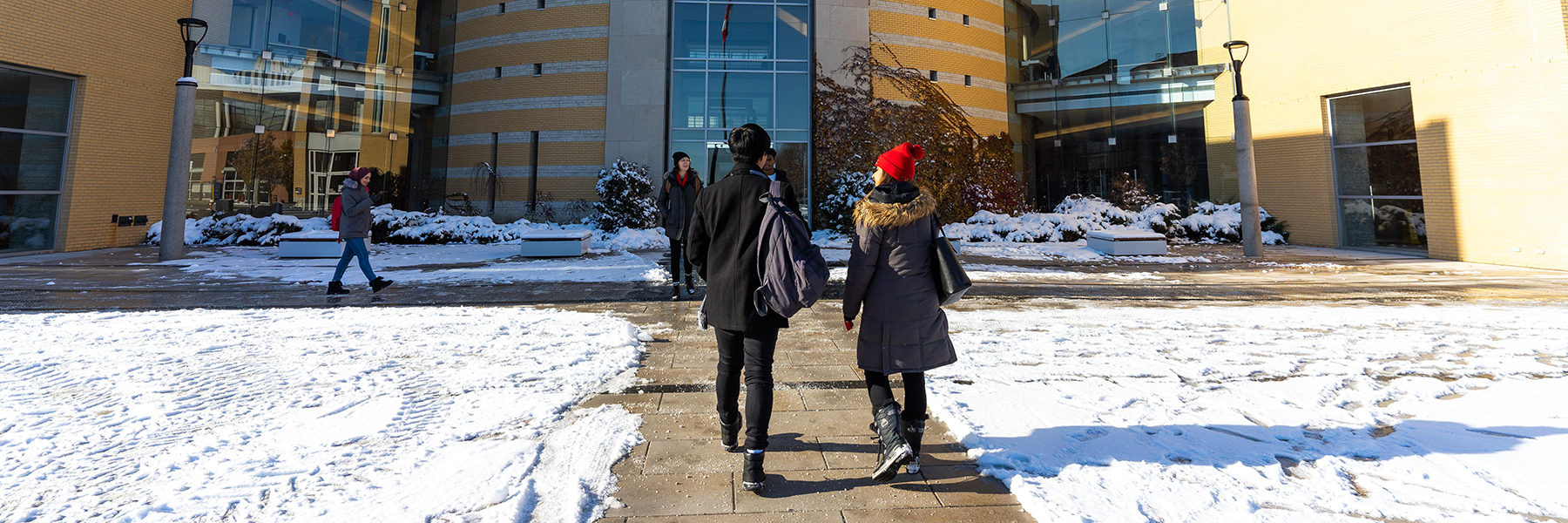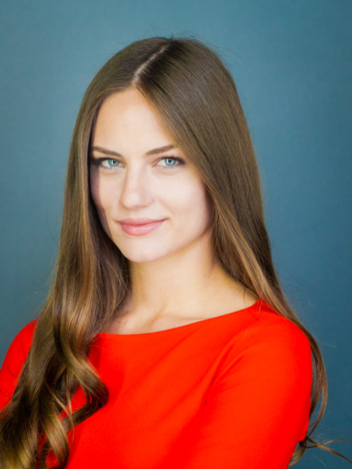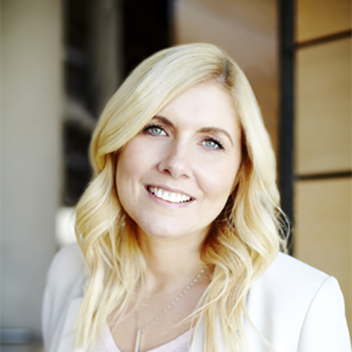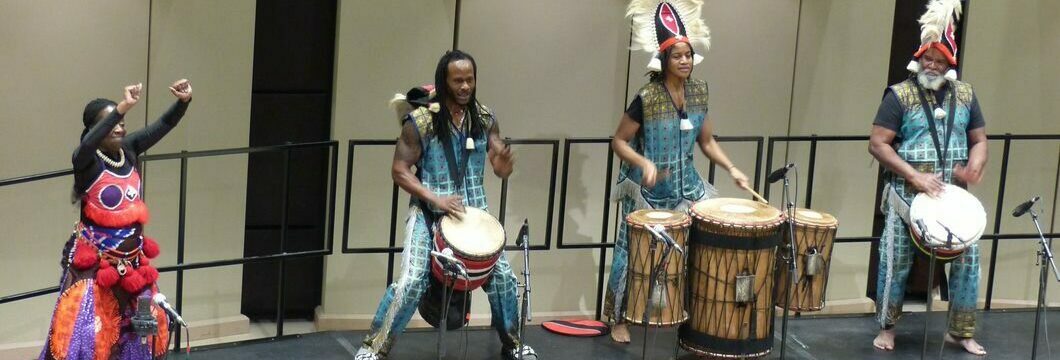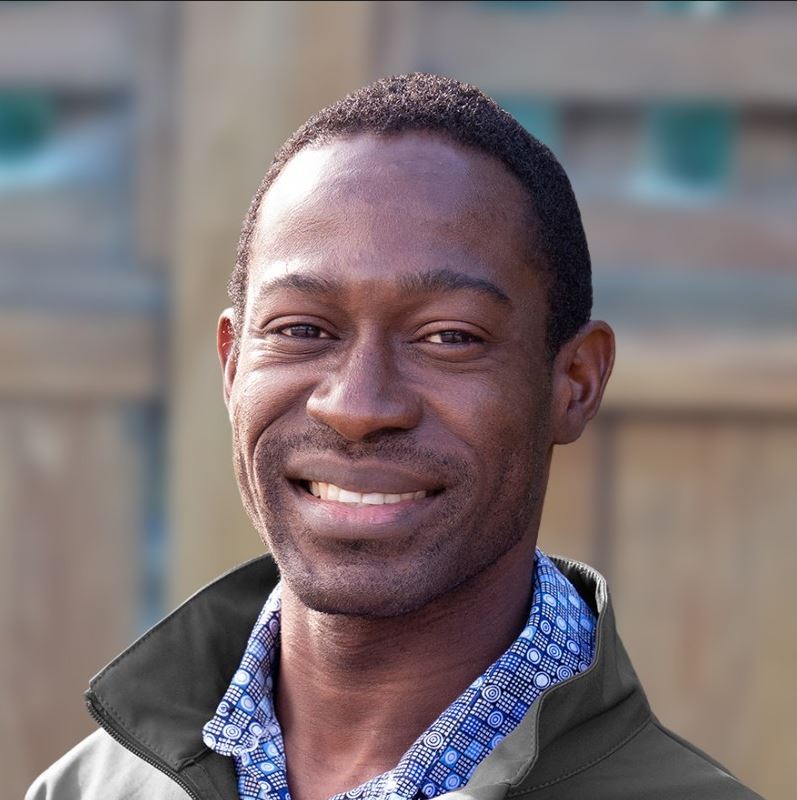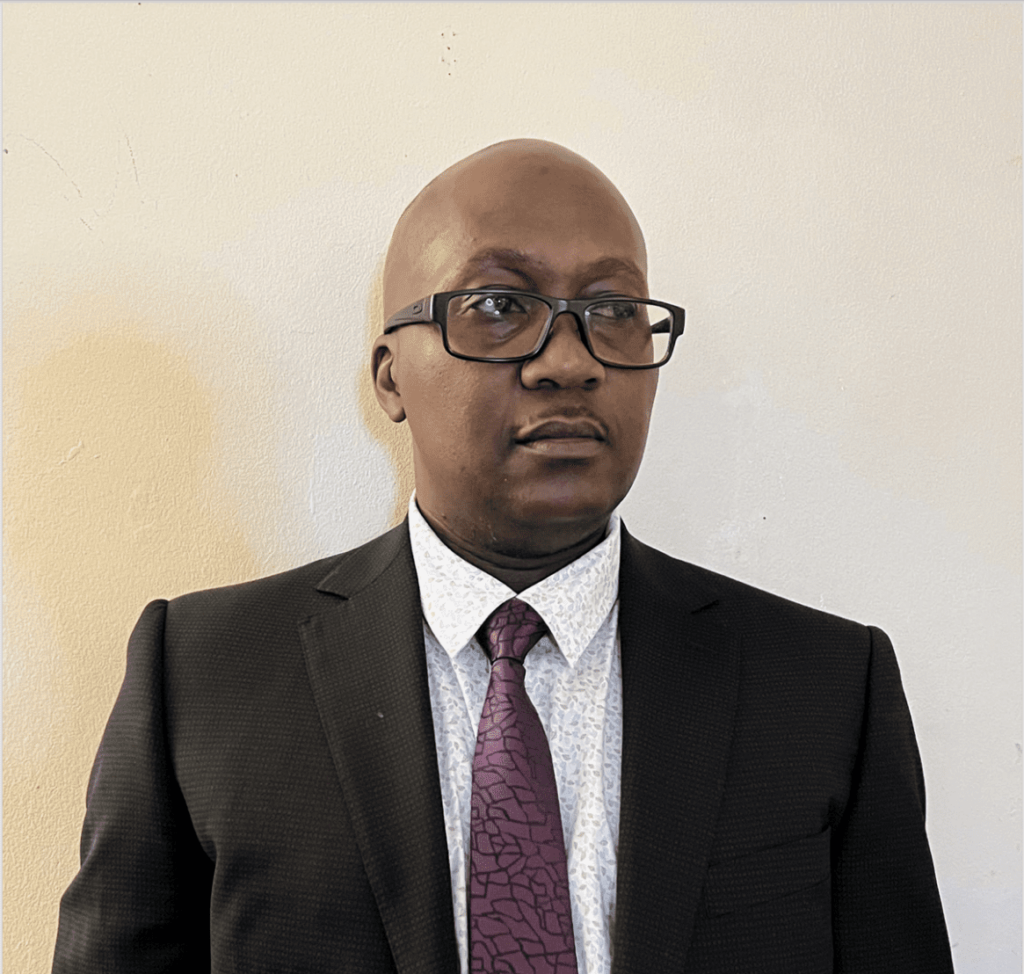The 2022-2023 Faculty of Graduate Studies’ (FGS) Teaching Award recipient is Associate Professor Anne MacLennan, recognized for her outstanding instruction in the history, communication and culture, and interdisciplinary studies graduate programs.
The award – bestowed annually on a member of the Faculty – recognizes the teaching and supervisory excellence, as well as the scholarly, professional and curricula development achievements of graduate program instructors at York University.
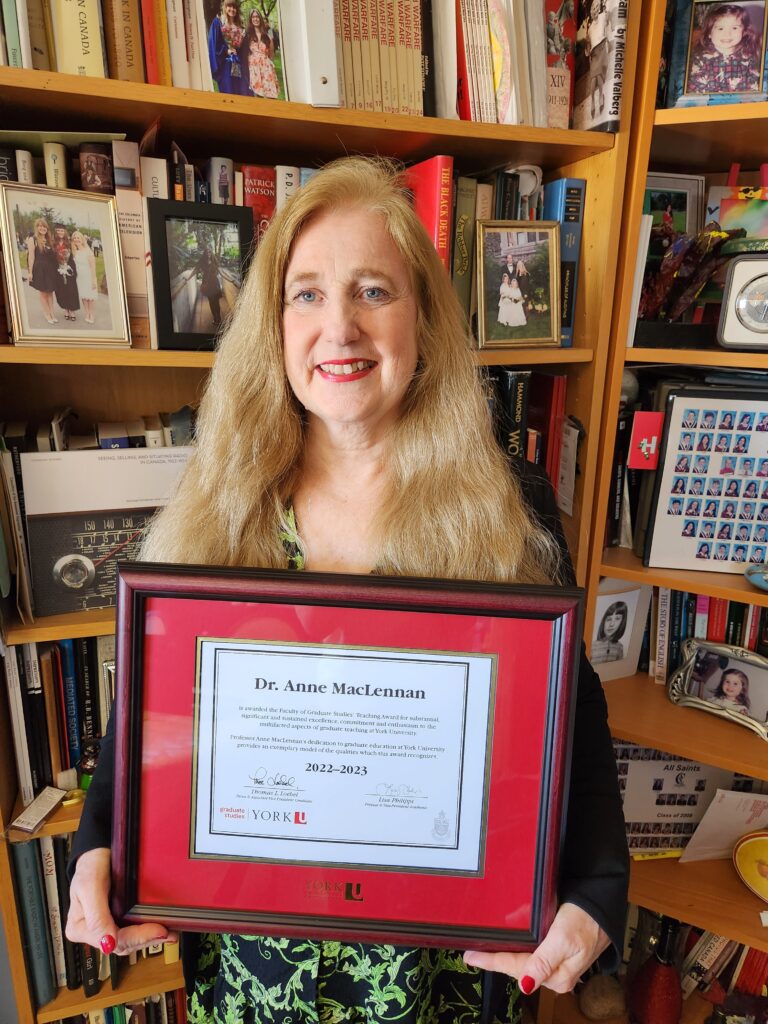
Vice-Provost Academic Lyndon Martin presented the award on March 2 at the Faculty Council, praising MacLennan’s passion for educating. “I would like to extend my personal thanks and gratitude for your many contributions to graduate education, and in particular the excellent teaching and mentorship you have provided to our community.”
Letters of nomination applauded MacLennan’s pedagogical style, with many of her students noting her exceptional way of teaching them to push their own thinking and to work collaboratively to build ideas. The referees recalled her techniques and approaches that positively changed their relation to graduate study and enhanced their skill proficiency in various dissemination formats from grant-writing to syllabus design, conference presentation, or article and dissertation authorship.
“It is wonderful to be honoured with the Faculty of Graduate Studies’ Faculty Teaching Award,” said MacLennan. “Working with our graduate students at York University is a very rewarding experience. Their research and work makes positive changes in the world and contributes tremendously to research. I enjoy being part of their journeys.”
Also in attendance was Dean and Associate Vice-President Graduate Thomas Loebel, who also commended MacLennan’s exemplary work.
“I think that the heart of Dr. MacLennan’s highly effective and award-winning teaching is that she rivals even the best of clinicians at teaching students over the course of their degrees, both from work inside and outside of the classroom,” Loebel said. “Which is also to say, with a wealth of scholarly material and experiential development, but also as an interlocutor anywhere – how to locate the source of their confidence as scholar-people and to build it rightly and ethically with others.”
MacLennan is teaching her 40th distinct course in 2023 and over the years has supervised more than 30 MA and six PhD students to completion, as well as one postdoctoral Fellow. With over 20 years of experience teaching communication studies, media studies, history, methodology and other interdisciplinary topics, she is among the best equipped academicians offering to support to graduate students. Moreover, when MacLennan was the graduate program director of communication and culture, she led the program’s restructuring of the curriculum to incorporate professional development opportunities into formal courses, permitting skills-based approaches to flourish while facilitating opportunities for interdisciplinary growth among students.
Outside of the classroom, MacLennan continues to be an inspiration to colleagues and pupils, contributing widely to the academic community. She has been published in many recognized journals and has presented at 125 conferences. Additionally, MacLennan served as the editor-in-chief of the Journal of Radio & Audio Media from 2017 to 2021. Her current work, a book manuscript in progress, is a study of the program listings of seven cities across Canada during the 1930s to explain the distinct elements of local, non-network radio and the changes across the country as national network radio was put in place.
Previously, MacLennan has been awarded the Dean’s Award for Excellence in Teaching (Tenure/Tenure-Track Stream) for 2020-2021 and the President’s University-Wide Teaching Award in 2006.
MacLennan embodies the spirit of the FGS Teaching Award with her dedication to substantial, significant and sustained excellence, and her enthusiasm for the multifaceted aspects of teaching at the graduate level at York.
To learn more about the FGS annual Teaching Award, click here.


